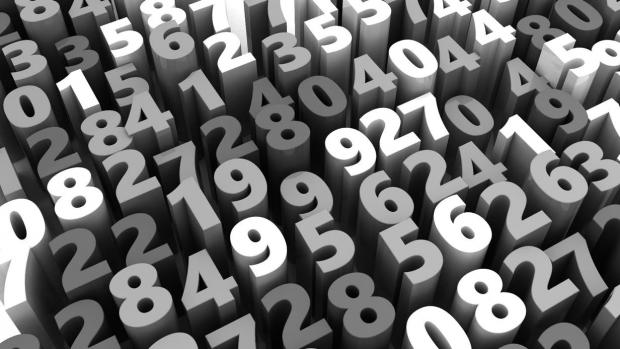
Breaking News
 Why are young women attracted to older men? Men, watch and learn!
Why are young women attracted to older men? Men, watch and learn!
 Voter Fraud Is About To Explode: ITS BLOWING UP IN THEIR FACES thanks to Trump and Tulsi
Voter Fraud Is About To Explode: ITS BLOWING UP IN THEIR FACES thanks to Trump and Tulsi
 Ahead of US-Iran Talks, Netanyahu Tells Cabinet 'Conditions' Could Lead to Regime Change...
Ahead of US-Iran Talks, Netanyahu Tells Cabinet 'Conditions' Could Lead to Regime Change...
 SpaceX Authorized to Increase High Speed Internet Download Speeds 5X Through 2026
SpaceX Authorized to Increase High Speed Internet Download Speeds 5X Through 2026
Top Tech News
 How underwater 3D printing could soon transform maritime construction
How underwater 3D printing could soon transform maritime construction
 Smart soldering iron packs a camera to show you what you're doing
Smart soldering iron packs a camera to show you what you're doing
 Look, no hands: Flying umbrella follows user through the rain
Look, no hands: Flying umbrella follows user through the rain
 Critical Linux Warning: 800,000 Devices Are EXPOSED
Critical Linux Warning: 800,000 Devices Are EXPOSED
 'Brave New World': IVF Company's Eugenics Tool Lets Couples Pick 'Best' Baby, Di
'Brave New World': IVF Company's Eugenics Tool Lets Couples Pick 'Best' Baby, Di
 The smartphone just fired a warning shot at the camera industry.
The smartphone just fired a warning shot at the camera industry.
 A revolutionary breakthrough in dental science is changing how we fight tooth decay
A revolutionary breakthrough in dental science is changing how we fight tooth decay
 Docan Energy "Panda": 32kWh for $2,530!
Docan Energy "Panda": 32kWh for $2,530!
 Rugged phone with multi-day battery life doubles as a 1080p projector
Rugged phone with multi-day battery life doubles as a 1080p projector
 4 Sisters Invent Electric Tractor with Mom and Dad and it's Selling in 5 Countries
4 Sisters Invent Electric Tractor with Mom and Dad and it's Selling in 5 Countries
The largest prime number ever discovered is 23 million digits long

It's been dubbed M77232917 – and if you're wondering why it needs a codename, well, we'd be here all day typing out the 23 million digits that make it up.
If it's been a while since high school math class, here's a quick refresher: Prime numbers are those that are only divisible by 1 and themselves. Small primes are fairly easy to identify through trial and error – 6 can be divided by 2 and 3, so it isn't prime, but 7 is – but as you look at larger and larger numbers it gets less obvious. It might take you a while to figure out, for example, that 11,319,033 isn't prime because it can be divided by 213 and 53,141. Finding the really large primes is a task best left up to computers running software like GIMPS.
As the MP in its acronym suggests, GIMPS is specifically searching for a rare class of prime numbers called Mersenne Primes. These are numbers that are one less than a power of 2, expressed as Mn = 2n - 1. That means that the newcomer M77232917 is calculated through a chain of 77,232,917 twos, and then subtracting 1. It's only the 50th known Mersenne Prime ever identified, and it's made up of 23,249,425 digits.



